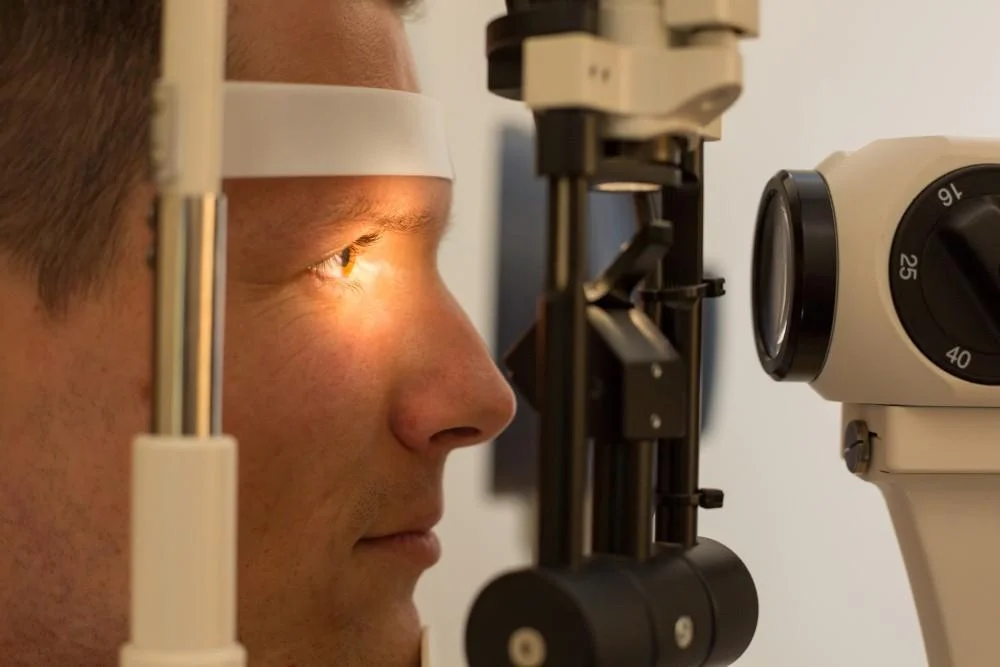About one-third of women and men in the United States who have diabetes develop a potentially vision-threatening condition called diabetic retinopathy. The more severe cases of retinopathy, which may lead to blindness, affect Mexican Americans twice as often and African Americans three times as often as they do Caucasians.
If you have diabetes, it’s extra important to take excellent care of your eyes, manage your blood sugar, and get a diabetic eye exam at least once a year. Expert ophthalmologist John Ghobrial, MD, performs diabetic eye exams at Eye Associates of Monmouth in Colts Neck, New Jersey, and here’s what he wants you to know about diabetic retinopathy.
Diabetes and your eyes
When you have diabetes, high levels of glucose in your bloodstream can damage blood vessels throughout your body. The tiny blood vessels that service the retina in your eye are particularly susceptible to damage. The retina is the part of your eye that focuses light so your brain can interpret it as images.
As with many eye conditions, diabetic retinopathy doesn’t usually have symptoms in its earliest stages. That’s why, in addition to regular eye exams, you must stay on top of changes to your vision or other symptoms that could indicate that you have diabetic retinopathy.
Signs that you may be developing diabetic retinopathy
Following are the most common symptoms of diabetic retinopathy. Call us immediately if you have changes to your vision or eyes, especially if you have diabetes.
You notice changes to your vision
When distant objects or near objects become blurrier than they used to be, you may have diabetic retinopathy. Sometimes these changes are so subtle that you don’t notice them happening.
An eye exam can identify some of the earlier stages of diabetic retinopathy. If you wear eyeglasses or contact lenses, you may also need to update your prescription.
You see spots or lines
When you notice dark spots or spidery lines in your field of vision, some of your blood vessels have started to leak. Don’t wait for the spots to clear up on their own. The longer the leaks persist, the greater the danger to your eye health.
You have areas of vision loss or darkness
Even if you can see from both of your eyes, if you have diabetic retinopathy, you may start to notice areas of your vision that aren’t as clear as others, or even places where there’s no vision at all or a sense of darkness.
One place you may lose your vision and not notice on your own is in your periphery. That’s why your ophthalmologist always checks your peripheral vision during an eye exam.
Your vision fluctuates
If you sometimes feel that you can see perfectly well but then notice that your vision is blurry, yet it comes back again, you might have diabetic retinopathy. Even if your vision seems fine after an episode of blurriness or dimness, don’t dismiss this important symptom.
Exams and treatment save your vision
By paying attention to subtle symptoms, managing your blood sugar through a healthy lifestyle and any needed medications, and getting a diabetic eye exam at least once a year, you should be able to preserve your vision for the rest of your life. Early treatment stops the disease from progressing and prevents blindness.
Contact us immediately if you notice any changes in your vision. Book an eye exam today by contacting our friendly team at Eye Associates of Monmouth over the phone or via our online appointment request tool.


